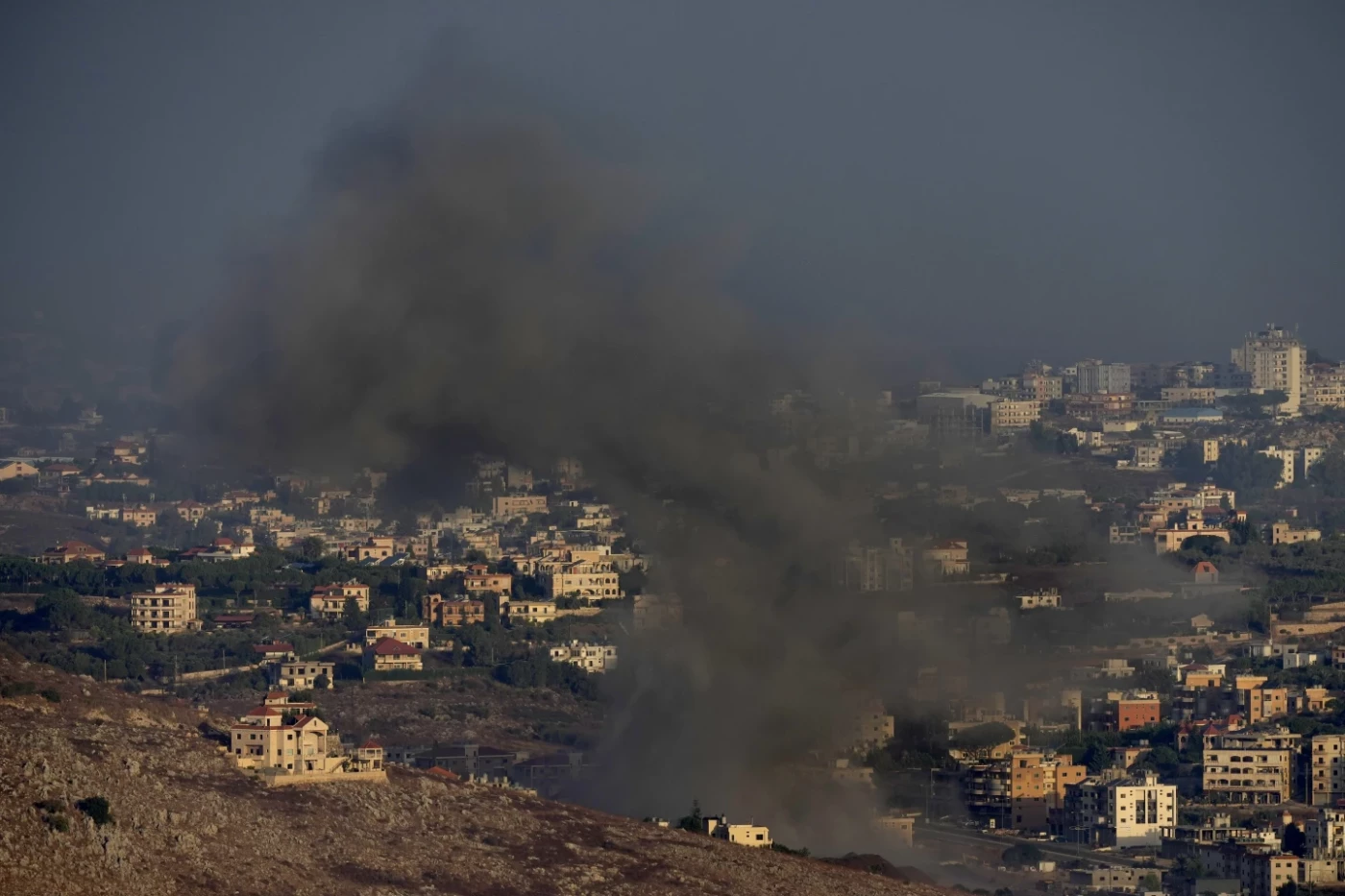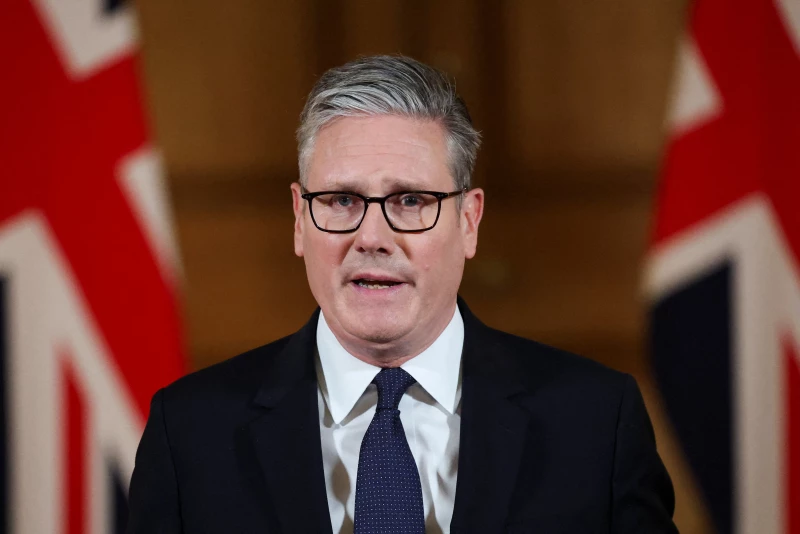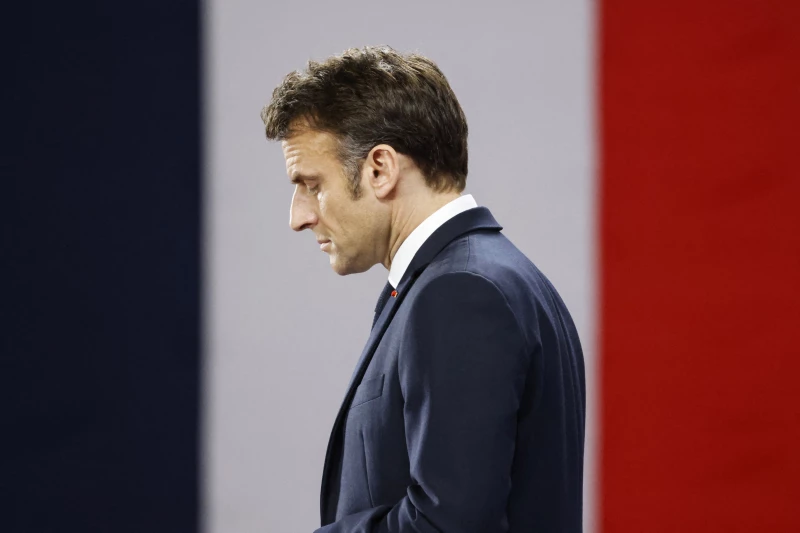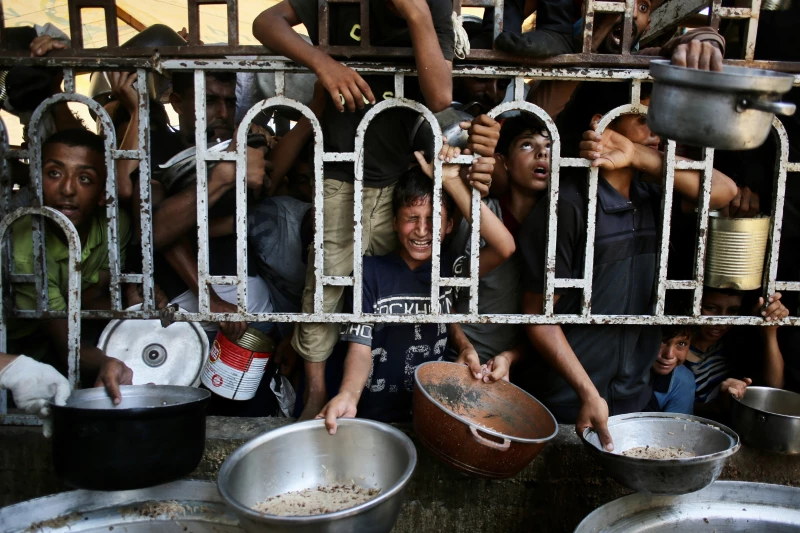ERBIL, Kurdistan Region of Iraq - The Lebanese health ministry announced at least 100 people were killed and over 400 injured in a wave of fresh Israeli airstrikes on the southern regions of the country on Monday.
"Enemy raids on southern towns and villages since this morning... killed 100 and injured more than 400," the health ministry said in a statement. "Children, women, and paramedics" were among the casualties.
The health ministry told hospitals in the south and the east to stop all non-urgent surgeries in order to handle the wounded.
“The situation is bad and we need a lot of medical assistance,” said the ministry, asking all hospitals to "stop all non-essential surgeries in order to make space to treat the wounded due to the expanding Israeli aggression on Lebanon.”
The Israeli Defense Ministry claimed hey have struck 300 Hezbollah targets in Monday's campaign.
In retaliation, Hezbollah said they targeted three sites in Tel Aviv.
“In response to the Israeli enemy attacks that targeted the south and Beqaa areas," Hezbollah fighters bombed two military positions in northern Israel as well as the "Rafael defense industry complexes" north of the city of Haifa, the group said in a statement.
Israel and Hezbollah have since last week engaged in cross-border daily exchanges of fire, following a major Israeli cybersecurity attack which targeted communication devices including pagers and walkie-talkies, claiming dozens of lives and wounding around 4,000, with Hezbollah leader Hassan Nasrallah describing it a “massacre” in a televised speech over the weekend and declaring "a battle of reckoning" with Israel.
The situation took a drastic turn to the worse in the wake of the killing of several key Hezbollah leaders including the group's second in-command Ibrahim Aqeel on Friday, an attack considered one of the deadliest in Lebanon in recent years. It has also been viewed as a significant escalation in the ongoing conflict between Israel and Hezbollah.
During a meeting with his government cabinet on Monday, Lebanese Prime Minister Najib Mikati called on the UN and the international community to “deter the [Israeli] aggression."
"The continuing Israeli aggression on Lebanon is a war of extermination in every sense of the word and a destructive plan that aims to destroy Lebanese villages and towns,” Mikati said.
The Lebanese premier urged "the United Nations and the General Assembly and influential countries... to deter the [Israeli] aggression”.
To avoid "danger to the movement of students," the government in Beirut decided to shut schools in the eastern and southern regions of the country for two days.
And in Iraq, where many Shiite militant groups are deeply allied with Hezbollah, calls for solidarity and retaliation against Israel have grown in recent days.
The office of Iraq’s top Shiite authority Ayatollah Ali al-Sistani on Monday expressed solidarity with the Lebanese people and called for urgent efforts to stop the “barbaric aggression."
The daily cross-border exchanges have left hundreds killed in Lebanon, mostly Hezbollah fighters, tens of people in Israel, including soldiers, and a much significantly higher number of civilians who have borne the brunt of the conflict have been forced to flee for their lives and placed in bomb shelters.
As tensions rise, observers warn that the attack could mark a turning point in the regional conflict, potentially prompting a coordinated response from Hezbollah and its allies in Iraq and beyond. Many are questioning how these developments will impact the stability of the region in the coming weeks.


 Facebook
Facebook
 LinkedIn
LinkedIn
 Telegram
Telegram
 X
X



